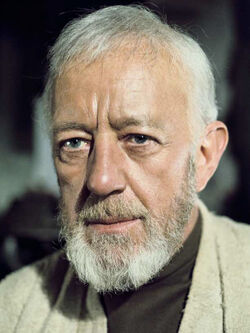TheDarkFrontier
 Dreamer
Dreamer
I've heard a lot of people say Star Wars is Science Fantasy, whereas Star Trek is Science Fiction. Redlettermedia gave a pretty good comparison by saying in Star Trek, a lot of time was spent explaining how the warp drive engines worked, all the ins and outs of the engines, and how they propelled the ship faster than light. That's got a lot of the fiction element. As opposed to Star Wars, where the engines are just there to get from A to B, and nothing else. And then you have all the stuff with the Force too.

 Auror
Auror












 Sage
Sage Myth Weaver
Myth Weaver